Omer Fast: An interview with the director of Remainder
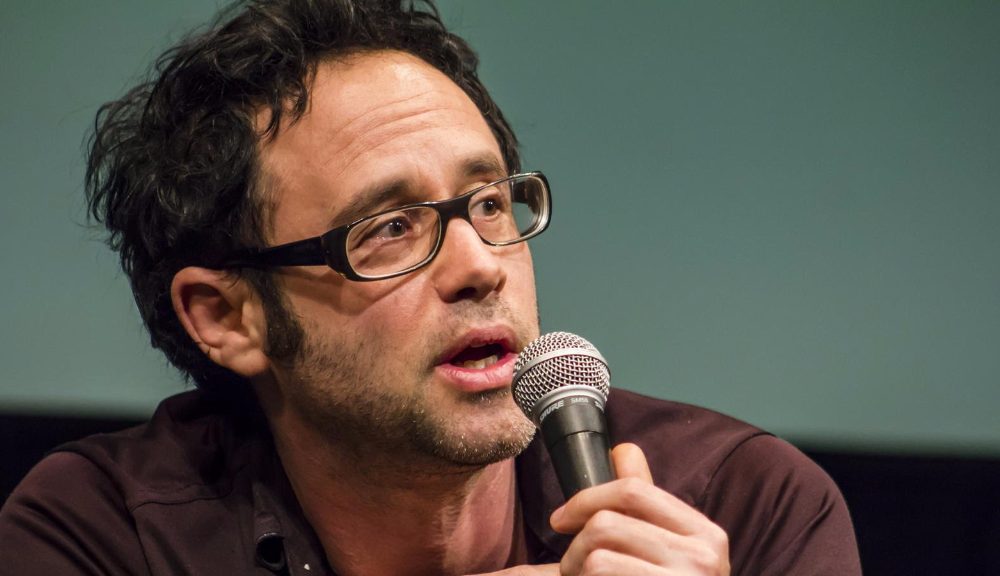
Omer Fast is a contemporary video artist and film director. We caught up with him to talk about his new film Remainder, a psychological story exploring the after-effects an accident has on a young man’s mind as he tries to piece together the few fragmented memories he possess of his former life. Fast talks to us about the process of adapting Tom McCarthy’s novel for cinema and the bigger themes woven into his work.
Sorry your flight was cancelled.
Yes I woke up to two pieces of surprising news: One, the UK is no longer in the EU, and two, your flight has been cancelled.
So how did you get involved in adapting Tom McCarthy’s novel?
There isn’t a sexy answer to this, I read the book and I finished reading it on an aeroplane and had this nice sort of out-of-body experience. I got in touch with Tom through a mutual friend as we had met two years beforehand and I knew he was collaborating with artists. I approached him about adapting Remainder for a piece of art work, or part of it and whether he wanted to do it together, but the rights had already been taken. Then one thing lead to another and he became interested and there you go.
Did you work closely with Tom [McCarthy] during the filming?
No. He was busy writing Satin Island, his most recent book, and I think that, instinctively, he wanted to put some distance between himself and the project. I wasn’t like “Thanks a lot for the rights, here’s the cheque, don’t bother me”, we met for a few days at the beginning but then it was pretty much me adapting the script with the producers.
So how do you even go about creating/directing a film as abstract and non-linear as Remainder?
Well I don’t know if you have had a chance to read Remainder the novel? Well, the book ends differently to the movie (SPOILER ALERT). He ends up hijacking a jet, the authorities order the jet to come back but he has a weapon so threatens the pilot. So, the pilot and him are locked in a figure of eight flight pattern going between the police ordering the pilot to return and Tom threatening him to continue. We didn’t have a budget to get a jet, so I decided to take the figure of eight at the end and take the story and twist it into that shape. It is a decision I still like but very often regret, because it is a mindf**k, it may be a mindf**k for you guys but much more than that to me. As it means people who appear at the beginning must appear at the end, and there is this twisted logic having this structure and trying to make it work. It wasn’t always pretty.
Did you have to abandon plots that didn’t make sense?
A lot of the movie doesn’t make sense! The way that I think about it, though, is that the movie, if it is anything, is a portrait of a person who has gone through this horrific traumatic accident and the state of mind he was in when the medical authorities said he was ready for the world again when obviously he is not. He is kind of disgorged by the system, given this lump sum of money and he has no clue what to do; the few crumbs left from his former life are the things he holds onto, which he tries to build between to make a portrait of himself. As a result, the film becomes extremely subjective. He can’t see things clearly or have an ordered understanding of what he is doing or who he is so we have these kind of impressionistic versions of reality. That is what the film is trying to do. So when we reach the end and it bites its own tail there is a definitive form but the load for figuring it out is transported onto your shoulders.
There are a lot of things in the film that make you feel the fragmented mind narrating it, like dubbed sounds that assault the senses and Sturridge’s contorted pose…
That is intentional, and anything that doesn’t work is not intentional of course (laughter).
Was Tom Sturridge your first choice in casting?
He was my only choice. I didn’t know Tom beforehand but he came in for a reading fairly early on and it was a very quick and intuitive decision for me and it is a decision that I still don’t regret.
The way he physically manifests his character’s accident is impressively consistent throughout.
Yes, he is extremely consistent and extremely focused, he was great. We talked quite a bit about the degree to which the accident would be manifest, how capable and noticeable in his movement and speech, but what really arrived from the correct dosage was that he remains extremely consistent in character without being the loopy method guy you can’t chat to off set.
You preserve reality, in a way, in how you depict London – without “Hollywood-ising” the city by changing the lighting and glamorising the buildings. Was that purposeful?
I was hoping to go for it, but not being British I had to ask people all the time as they aren’t things I was intuitively familiar with. Not having a big budget also helps (laughter).
Do you think your previous work as a video artist, who has explored themes of fabrication of reality and perception, helped to create a psychological project like this?
I think there are a lot of things that relate to my work: the subjective nature of [the character’s] experience, the fact we have a narrator who isn’t necessarily trustworthy. There is also a kind of subtext surrounding something about his role in changing the neighbourhood. I see him in the sense of an artist as a gentrify figure. He is given a lot of money and he moves into a place, displacing lots of people so he can realise his fantasy. These are things that connect to my work; although this isn’t an art film, it is an adaptation of a novel so doesn’t have the same process or origin, it shares the same issues and concerns.
On reflection he wasn’t the nicest guy…
No he wasn’t a nice guy. He is abusive, violent because he is very obsessed. So what the film portrays is him surrendering to his obsession and he becomes more and more absorbed by it and consumed by it and what he tries to do is recreate and of course the movie at some point stops and you realise what it is he is recreating has a strange temporal relationship to where he is. He has been recreating his past until at some point you realise he is recreating his future.
Why do you think these kind of psychological films are so successful?
Well, we will see if Remainder is successful! I think it is literally about getting into another’s head as much as possible. In Remainder we are seeing the world from his perspective, and in the end his perspective is not that alien. In the book there is a wonderful line where he complains to a friend about being different from others and unusual, and his friend says you are not unusual you are just more usual than others. So there is this notion of him as a “gentrifier”, someone who has capital and eventually power. As the story progresses he doesn’t succumb but it falls into this line of who has to suffer because of him. He falls into these kinds of patterns that are very mainstream in a way.
In the last few minutes can you tell us a little about how you got interested in working in video art/film?
Whilst I was in school I bought a video camera and started to do stuff, videoing plants outside, my feet walking around, selfie-mode obsessed. Gradually, I started to include things that were interesting to me, speaking to people outside my immediate vicinity whose work was interesting. There are often people who work in industries who are extremely powerful but whose work is invisible or taboo or secretive. So these are the interests I have as an artist.
So what would you say to someone coming from a more unconventional route into film?
Don’t do what I did! I think it is interesting to use your work to interrogate the issues you are interested in, plagued by and obsessed with. When you are young that is great, but when you are mid-40s you worry about repeating yourself. So don’t worry whilst you’re young.
Melissa Hoban
Remainder is released nationwide on 24th June 2016.
Read our review of Remainder here.
Watch the trailer for Remainder here:


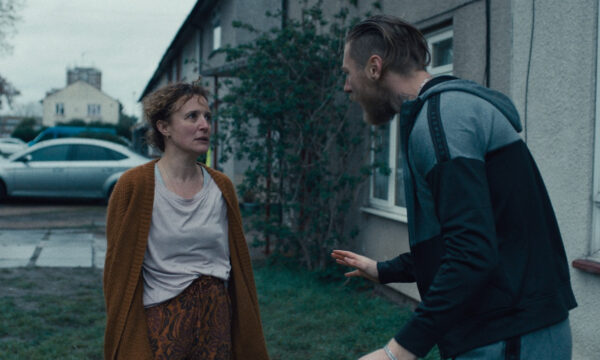

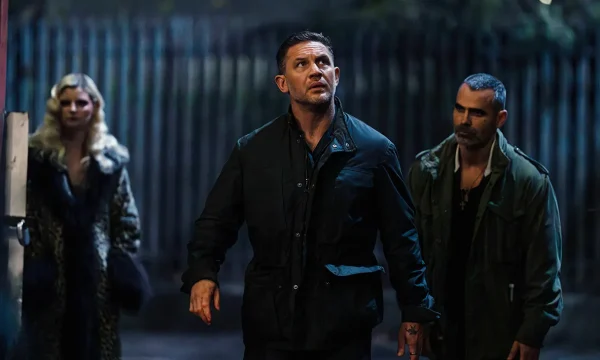
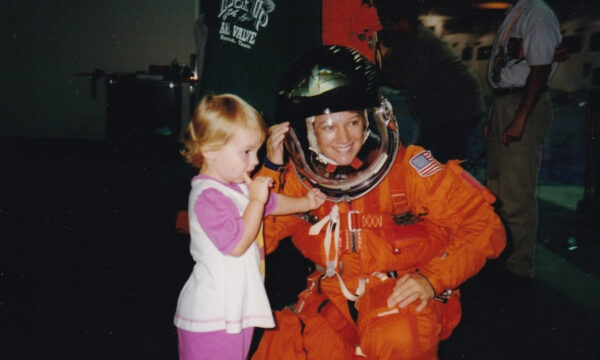

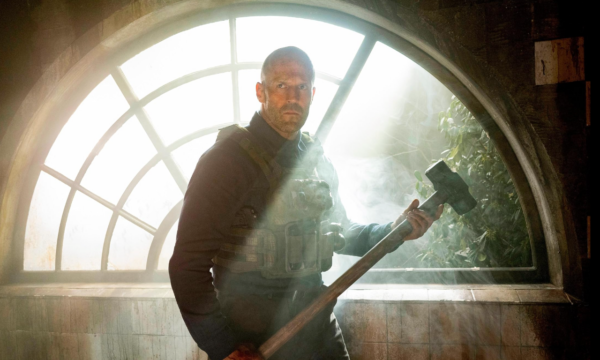
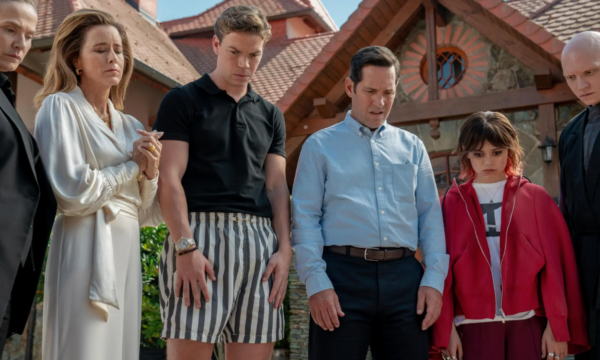










Facebook
Twitter
Instagram
YouTube
RSS